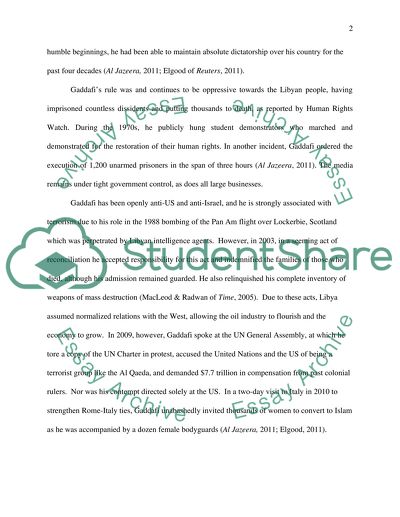Cite this document
(“Moral Problem Research Paper Example | Topics and Well Written Essays - 2000 words”, n.d.)
Retrieved from https://studentshare.org/philosophy/1425123-moral-problem
Retrieved from https://studentshare.org/philosophy/1425123-moral-problem
(Moral Problem Research Paper Example | Topics and Well Written Essays - 2000 Words)
https://studentshare.org/philosophy/1425123-moral-problem.
https://studentshare.org/philosophy/1425123-moral-problem.
“Moral Problem Research Paper Example | Topics and Well Written Essays - 2000 Words”, n.d. https://studentshare.org/philosophy/1425123-moral-problem.


